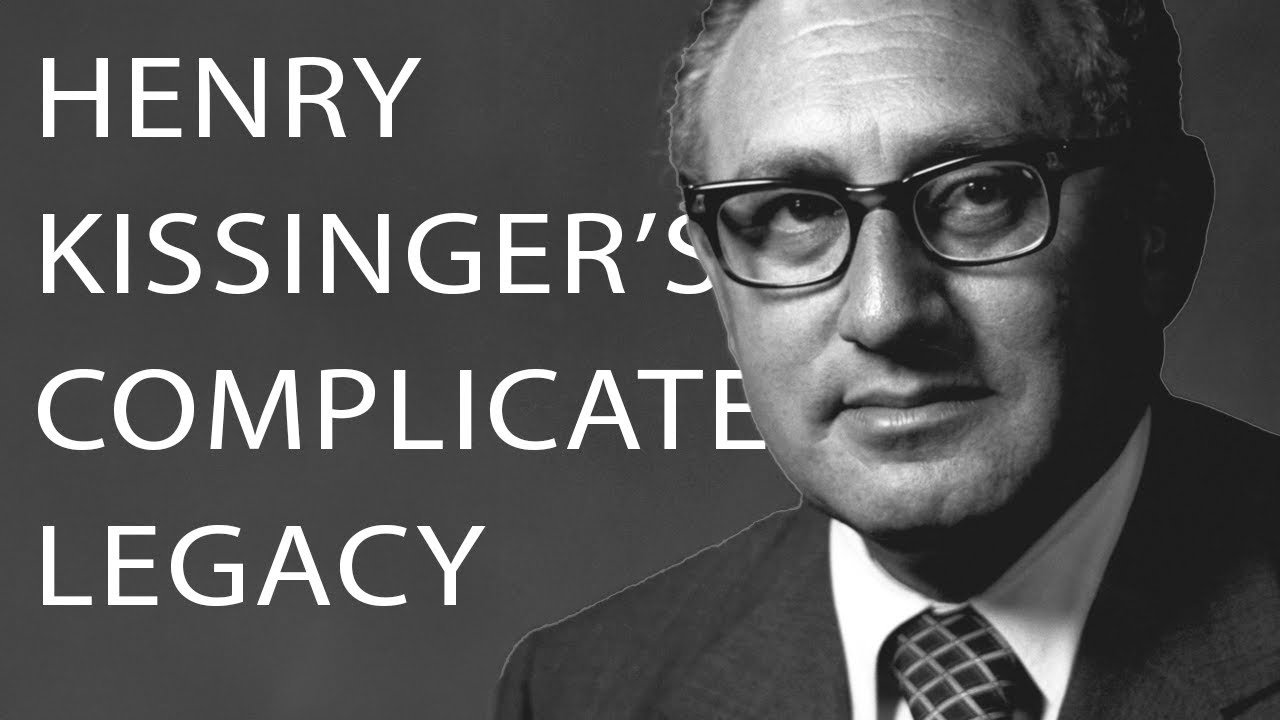- Born on May 27, 1923, in Bavaria, Germany, and faced anti-Semitism growing up.
- Fled to the United States in 1938 due to the escalating persecution of Jews in Nazi Germany.
- Excelled academically in the U.S., later drafted into the U.S. Army during World War II, which played a significant role in shaping his future career.
- After the war, Kissinger pursued a PhD in history at Harvard and rapidly rose in the ranks of American political science and foreign policy.
- Served as National Security Adviser and later Secretary of State under President Richard Nixon and was instrumental in negotiating the end of the Vietnam War, for which he won the Nobel Peace Prize.
- His policies and actions, including the secret bombing campaigns in Cambodia and Laos and support for controversial regimes and military actions, have led to significant debate about his legacy.
- Accused of supporting human rights abuses in countries like East Timor and Chile, contributing to his polarized reputation.
- Despite controversies, Kissinger is also credited with pivotal diplomatic achievements, including opening relations with China and arms control talks with the Soviet Union.
- Remained an influential figure in global politics and diplomacy until his death, advising multiple presidents and international leaders.
- His death has elicited mixed reactions, reflecting his complex legacy as both a revered statesman and a figure of controversy.
This summary has been generated by AI.

Leave a Reply